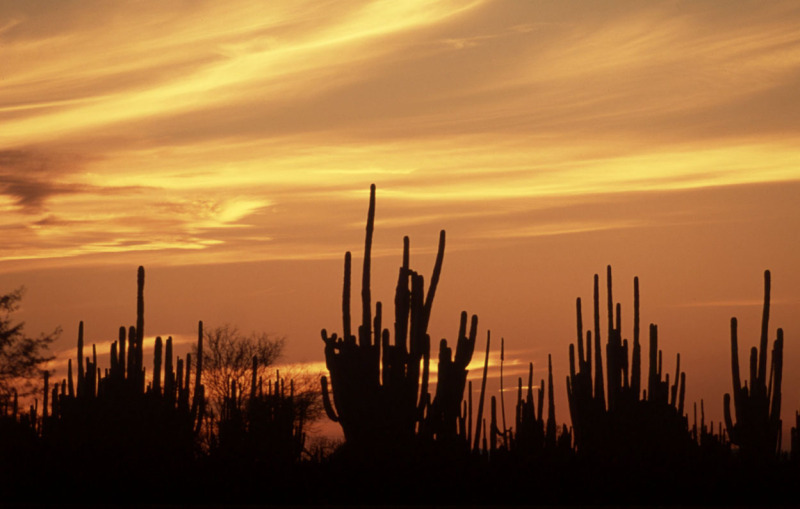We’ve helped Mexico provide a warm welcome to its famous winged visitors – and now we’ve launched an ambitious conservation plan for this vast, diverse country
Always thought that butterflies were fragile creatures? Well, some species are tougher than you think.
Monarch butterflies may weigh only a few grams, but every year they travel up to 4,500 kilometres from their homes in North America to hibernate over winter in Mexico.
This amazing natural phenomenon happens only here. And it’s just one of the reasons we’ve worked so hard to conserve the wild spaces of this unique country.
What’s at stake?
To hibernate successfully, monarch butterflies need just the right temperature – not too hot and not too cold – and protection from predators. It’s a very fine balance, found only in the oyamel fir forests of Michoacan and Mexico State. The vast majority of monarchs spend the winter in just 10 or 12 sites, but most of these areas don’t even cover one hectare.
Outside observers didn’t discover the monarch butterfly’s Mexican colonies until 1975. By that time, loggers were already moving into the area.
Protecting these forests is essential if we want to preserve one of the marvels of nature and improve the livelihoods of the communities living there.
But there’s much more to Mexico than butterflies. From deserts and forests to the world’s second-biggest coral reef, Mexico boasts a vast range of habitats. Scientists estimate it’s home to 10% of the world’s plant and animal species – many of which are endangered.
The story so far
For over two decades we’ve been working with the government, local communities and private sector
(led by our partnership with Mexican mobile phone company Telcel) to stop deforestation almost entirely, restore forest cover in key areas and improve the livelihood of local communities. Together, we’ve been improving the butterfly sanctuaries that already exist, and building new ones.
We understand that deforestation is the result of economic and social factors. So we’re making a special effort to support community projects like tree nurseries, reforestation and sustainable tourism. We also support the Monarch Butterfly Conservation Trust Fund, which provides incentives for local communities to protect and restore the monarch’s winter habitat in Mexico.
Projects like these help address local social and economic needs, while also conserving the environment. We continue to work with local partners to restore critical areas and monitor the monarch butterflies and their forest habitat.
Did you know?
The monarch butterfly’s Latin name, Danaus plexippus, means ‘sleepy transformation’.
Facts and stats
- 1968 – year WWF began work in Mexico
- 1990 – year we established our Mexican office, in Oaxaca, the most biologically and culturally diverse state in Mexico
- 4,500 km – how far monarch butterflies travel each year
- Nearly 100% – reduction in deforestation in the Monarch Biosphere Reserve since we’ve been working there
What next?
WWF recently joined the government of Mexico and leading businessman Carlos Slim to create the Alianza Mexico, a conservation initiative to protect natural resources and promote sustainable development in six key regions: the Gulf of California, the Chihuahuan Desert, the monarch butterfly biosphere reserve, Oaxaca and Chiapas states and the Mesoamerican reef.
Together these regions cover 30% of the country. Oaxaca State alone hosts half of all Mexico’s species, including 8,400 plants, 148 mammals and 1,100 resident or migratory birds. The Gulf of California provides breeding grounds for 6,000 marine species.
Sustainable water use is another priority for the programme. In a dry landscape, water is vital for survival. When too much is used for farming, it can leave plants, wildlife and local people without an essential lifeline.
We’re collaborating with government and the main users of water, including farmers and the drinks industry, to promote environmentally sound water management, which secures water for use in the local environment without wasting supplies.
What you can do
- Adopt your own monarch butterfly and help us conserve these beautiful creatures.
- The money you donate also goes toward supporting our conservation projects for endangered animals in Mexico and all over the globe.
- Read more about monarch butterflies and our work in Mexico.
***************************************
Join the myWWF Action Center
Be part of a global community of activists ready to take simple online actions that can help save wildlife and people. Sign up today!
***************************************














